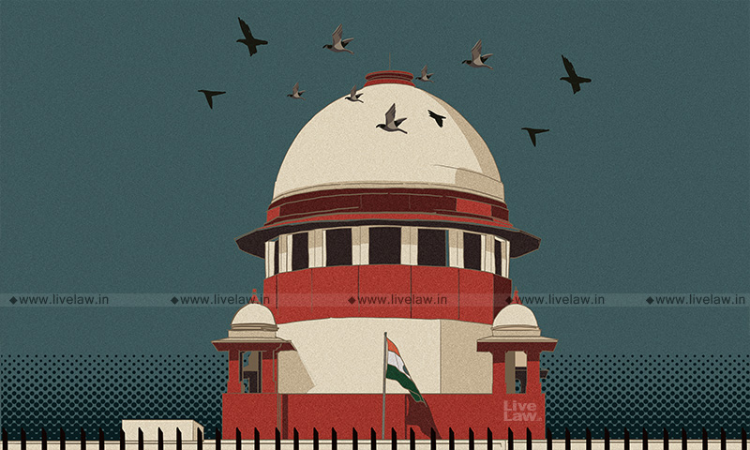Supreme Court Questions Centre's Claim Of No Starvation Deaths In India; AG Says States Haven't Reported
Srishti Ojha
18 Jan 2022 8:20 PM IST

"Are you willing to say, today in this country there are no starvation deaths? Can we afford to take that as a correct statement?" , the bench asked the aG
Next Story


